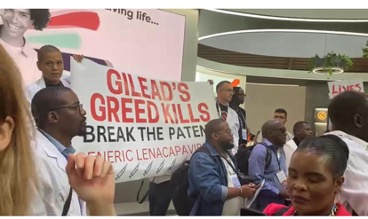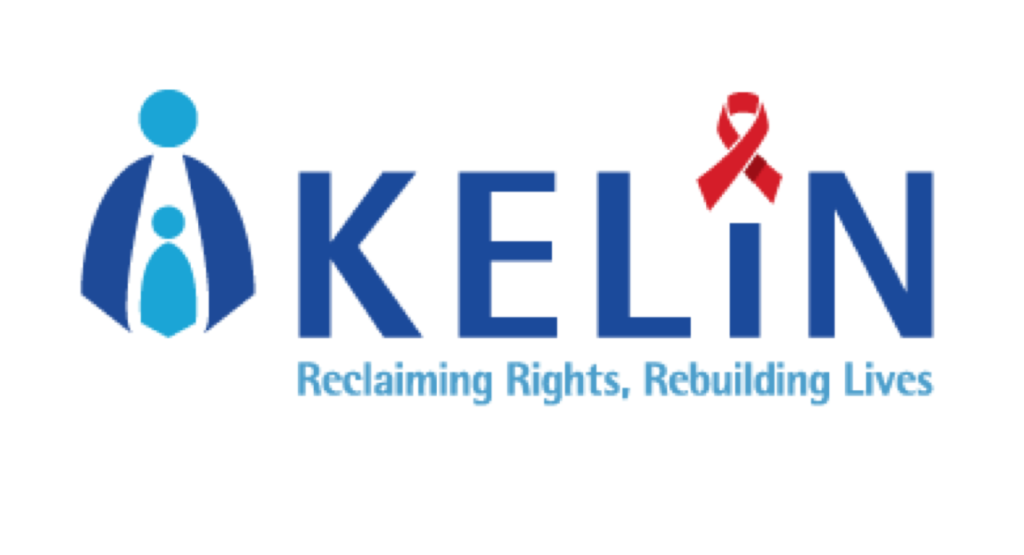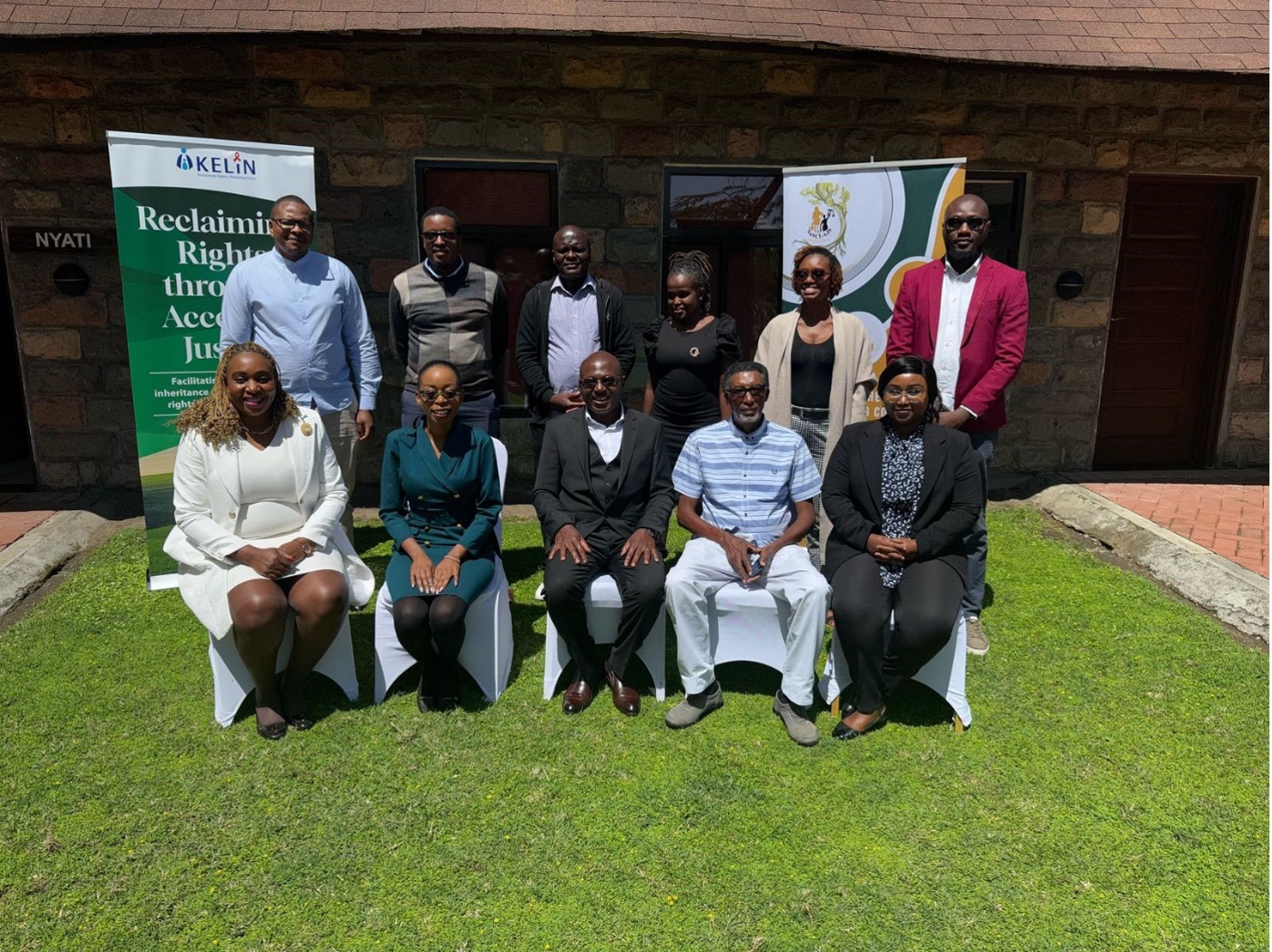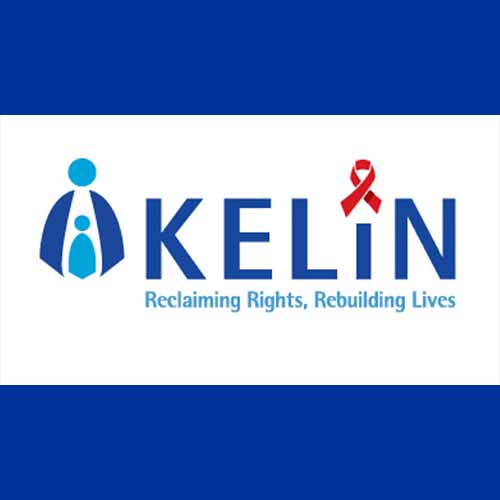23rd July 2024- Munich, Germany
At the 25th International AIDS Conference in Munich Germany, the Kenya Legal and Ethical Issues Network on HIV and AIDS (KELIN), the International Treatment Preparedness Coalition (ITPC Global), Make Medicines Affordable (MMA) partners, alongside other global activists staged a protest calling for immediate global action to break Gilead’s monopoly on Lenacapavir. The primary demand was for the U.S. pharmaceutical corporation to make the groundbreaking HIV prevention drug, Lenacapavir, accessible and affordable to all people across the world.
Lenacapavir represents a significant advancement in the fight against HIV. Administered as a twice-yearly injection, it offers a convenient and effective option for managing HIV. However, the high cost associated with Lenacapavir primarily due to the patent held by Gilead Sciences until 2037 poses a major barrier to its access particularly in low- and middle-income countries (LMICs) including Kenya. The global protest was made in response to new data showing that generic Lenacapavir can be produced at a price one thousand times less than Gilead’s price of $42,250 per year. With mass production, costs for generic Lenacapavir are estimated to be initially $100 per year, with further reductions to $40 per year as demand increases
Currently, Lenacapavir is approved in high-income countries as part of treatment for people with multidrug-resistant HIV. In the United States, it is priced at over $40,000 per person, per year. Impressive results from an HIV prevention trial of Lenacapavir call for a global access plan. The PURPOSE-1 trial compared oral pre-exposure prophylaxis (PrEP) versus long acting, twice-yearly injections of Lenacapavir in adolescent girls and young women in South Africa and Uganda. PURPOSE-1 was stopped early, because Lenacapavir was significantly more effective than oral PrEP; there were zero new HIV infections among the 2,134 participants who received twice-yearly injections of Lenacapavir, versus 1.7% among 1,068 participants who received tenofovir/emtricitabine and 2% among 2,136 participants. Other Lenacapavir prevention trials are ongoing, with results expected in late 2024 or 2025; if they are consistent with PURPOSE-1, it is likely to be approved.
Gilead has applied for patents on Lenacapavir across LMICs including key manufacturing countries, limiting the generic production of the medicine but announced plans for issuance of a bilateral voluntary license (VL)and temporary price reductions for it. Gilead failed to disclose which countries will be eligible to obtain or benefit from these latter measures. KELIN advances a right-based approach and joins the global community in calling for a fair and equitable access to Lenacapavir. We urge Gilead to ensure that its’ licenses do not exclude any country from accessing Lenacapavir, as an essential medicine to HIV prevention as this would infringe on people’s right to health.



